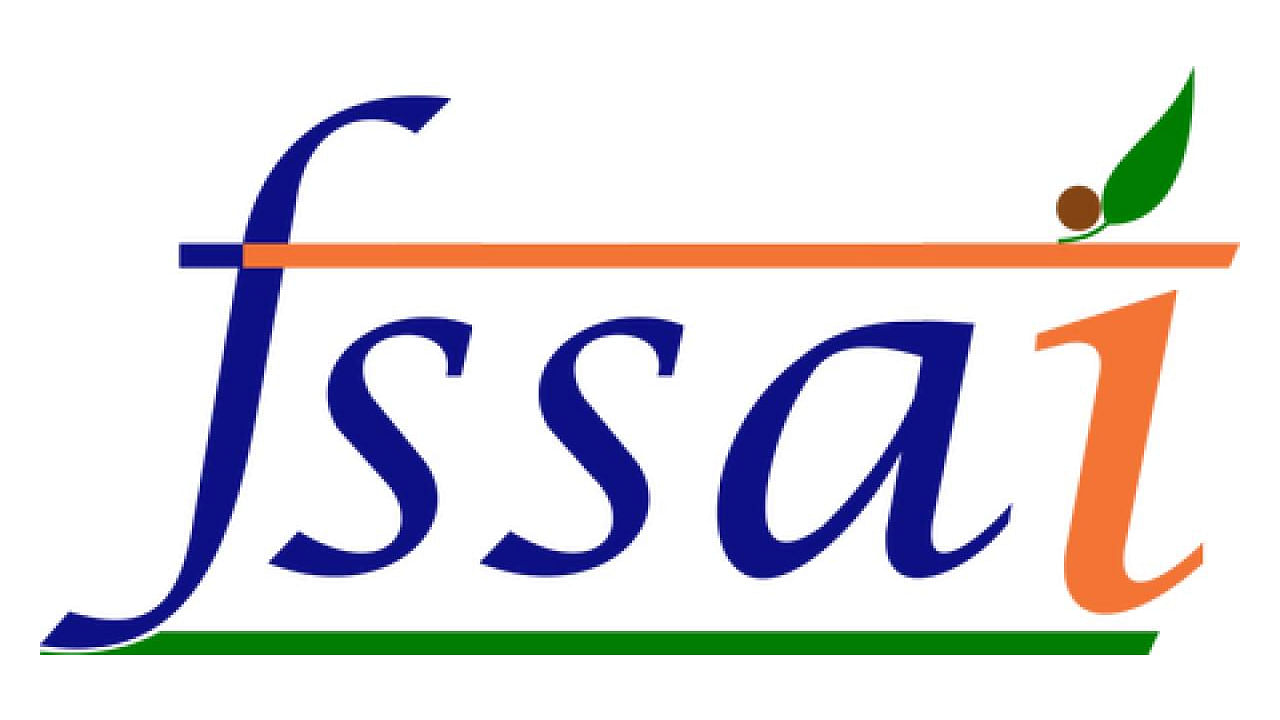
Indian food regulator FSSAI has dragged its feet over the years to stall notifying its labelling regulation in order to benefit the processed food industry as the market was flooded with junk foods high in sugar, salt and trans-fat content, alleges the Centre for Science and Environment.
The charges by the Delhi-based non-governmental organisation is based on the CSE's analysis of Food Safety and Standards Authority of India's documents coupled with its own analysis of 33 popular food items of well-known brands purchased from Delhi market.
“We have found dangerously high levels of salt and fat in all the packaged food and fast food samples that we tested. The consumers have the right to know what is contained in the package. The FSSAI is dragging its feet and has not notified its own draft labelling regulation. This is clearly because of pressure from the powerful food industry. This is not acceptable,” CSE director general Sunita Narain said here on Tuesday.
Narain’s comment refers to the delay in notifying the draft Food Safety Standards, (Labelling and Display) Regulations – which has been in preparation since 2013.
In the last six years, the FSSAI constituted three committees to frame the rules and in 2018 a ‘final’ draft was issued. It was subsequently revised and another 'final draft’ was put out for public comments in 2019.
CSE claims the 2019 draft, prepared by a committee headed by B Sesikeran, former director of the National Institute of Nutrition, Hyderabad and one of the current trustee of the International Life Sciences Institute, is a compromised and diluted one. ILSI is one of the world's biggest big food industry lobby groups.
While the Sesikeran committee report wasn't made public, in the 2019 draft, the total fat content in packaged food was replaced by saturated fat.
Similarly, total sugar content has been replaced with added sugar (while keeping the recommended dietary allowance same, which means a consumer would end up eating more sugar) and salt with sodium, a term not so well known to Indian customers. “These would allow the fast food companies 25% deviation from labelled quantities,” Narain noted.
Both the 2018 and 2019 draft contain a list of food items specifying the amount of fat, sugar and salt that 100 gm (or ml) they should contain. Above this threshold, the food has to be labelled “red”. When the FSSAI criterion to 14 samples of chips, namkeen, instant noodles and instant soup and 19 samples of burgers, fries, fried chicken, pizza, sandwich and wraps, each and everyone were found to be in the red.
“Even this final draft remains a draft as of now. Clearly, our right to know and our right to health is not a priority for the FSSAI," she added. The food safety authority has not responded to the CSE charges yet.
